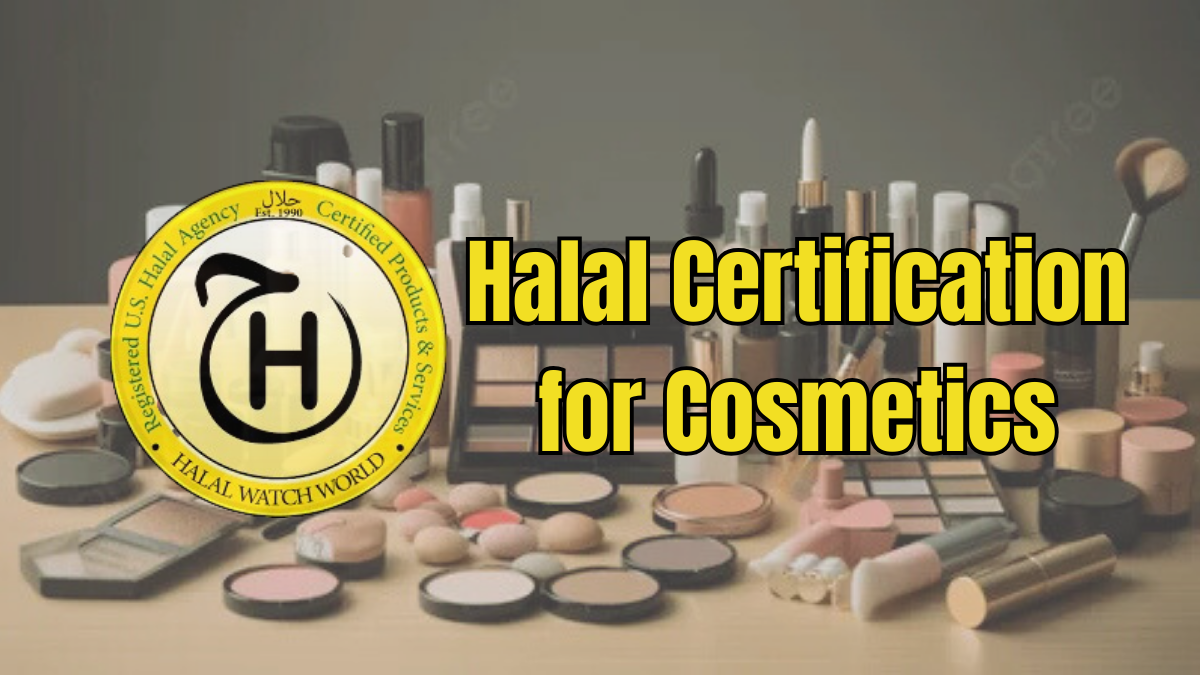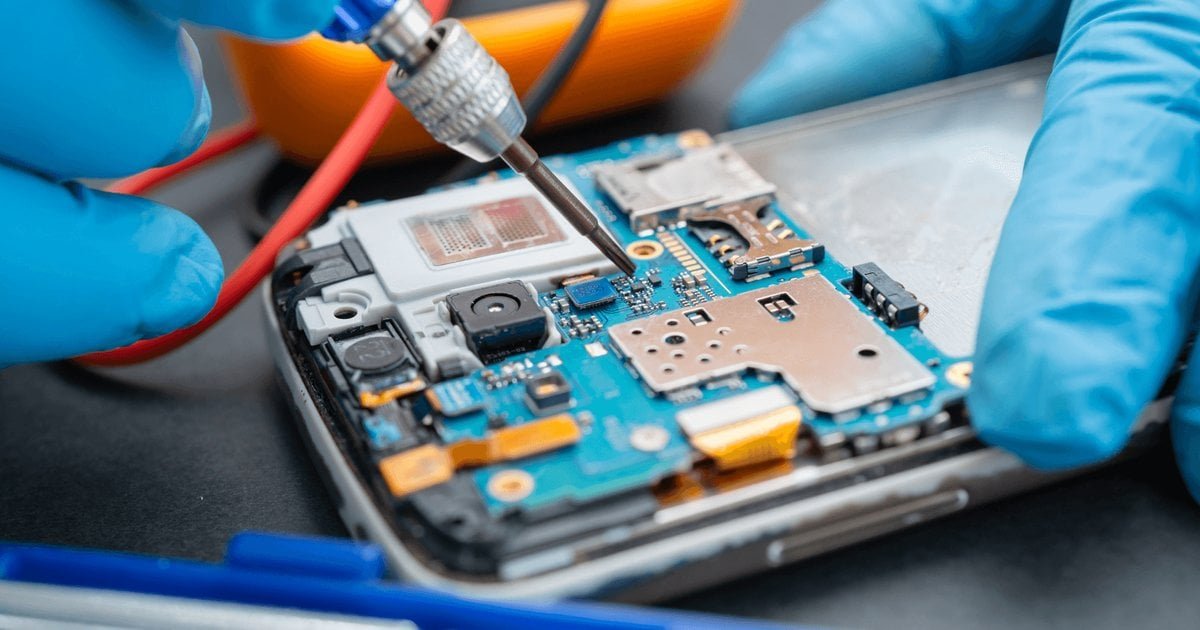The cosmetics and personal care industry has seen a massive shift toward transparency and ethical practices. As Muslim consumers increasingly prioritize faith-based choices, brands across the globe are recognizing the need for halal cosmetics certification. This certification is not just a religious requirement—it represents trust, purity, and inclusivity for a rapidly growing market segment seeking ethical and safe products.
What is Halal Certification for Cosmetics?
Halal certification for cosmetics ensures that every ingredient, formulation, and production process aligns with Islamic law. This includes confirming that products are free from alcohol, animal-derived ingredients from non-halal sources, and any form of contamination during manufacturing or packaging.
This certification covers a broad range of personal care products—such as skincare, makeup, perfumes, and hair products—and guarantees that they meet the strict criteria required for halal compliance. By meeting these standards, cosmetic brands can confidently market their products to Muslim consumers while also appealing to others who value purity and ethical production.
The Growing Demand for Halal Cosmetics
The demand for halal-certified cosmetics is rapidly growing, driven by awareness among Muslim consumers who seek assurance in the products they use daily. According to industry reports, the global halal beauty market is expected to surpass $100 billion within the next decade.
Brands that obtain halal certification in cosmetics gain a significant competitive advantage. Not only do they meet religious requirements, but they also cater to a larger audience that values safety, cruelty-free practices, and high-quality ingredients.
Moreover, this certification enhances brand credibility by aligning with global trends toward sustainable and transparent manufacturing.
Process of Obtaining Halal Cosmetics Certifications
Obtaining halal cosmetics certifications involves a detailed process managed by accredited agencies. The certification process typically includes the following steps:
-
Application and Documentation Review:
The company submits product formulations, raw material details, and production procedures to the certifying body. -
Ingredient Verification:
Each ingredient is analyzed to ensure it does not contain any non-halal or harmful substances, such as pig-derived enzymes or alcohol. -
Factory Inspection:
A thorough inspection is conducted to confirm that the production line prevents cross-contamination with non-halal materials. -
Certification and Monitoring:
Once the company meets all standards, the Halal Certification Agency issues an official certificate. Regular audits are also conducted to maintain compliance.
This meticulous process builds confidence among consumers and positions a brand as trustworthy and authentic.
Role of Halal Certification Companies and Agencies
Choosing the right halal certification company is a crucial step in achieving compliance. These companies have the expertise and authority to verify that cosmetics meet halal standards at every production stage. Reputable agencies provide guidance to manufacturers and help them restructure their production practices to align with halal principles.
Similarly, the Halal Certification Agency in USA ensures consistent global recognition of the certification, helping brands export their products to Muslim-majority countries and beyond. Their seal signifies integrity, authenticity, and reliability in the eyes of consumers and retailers.
Benefits of Halal Certification for Cosmetic Brands
Securing halal certification offers numerous benefits for cosmetic manufacturers and consumers alike:
-
Market Expansion: Access to the growing Muslim consumer base across the USA, Asia, and the Middle East.
-
Consumer Trust: Halal-certified products are viewed as pure, safe, and ethical.
-
Regulatory Compliance: Ensures adherence to both religious and international quality standards.
-
Brand Differentiation: Enhances brand identity in a crowded market by showcasing ethical responsibility.
-
Sustainability: Promotes environmentally responsible sourcing and cruelty-free production.
For brands looking to build long-term loyalty, halal certification serves as both a faith-based and business-driven strategy.
Halal Certification in the USA: A Growing Opportunity
As awareness spreads, more companies are pursuing halal certification in USA to meet domestic and international demand. The United States hosts a growing Muslim population with increasing purchasing power. This community is actively seeking halal-certified beauty and skincare products.
By partnering with accredited certifiers, American cosmetic brands can strengthen their reputation and open new export opportunities in Southeast Asia, the Middle East, and Europe. The certification also complements existing standards like cruelty-free and vegan labels, adding another layer of consumer confidence.
Comprehensive Halal Certification Services for Cosmetics
Professional halal certification services guide cosmetic manufacturers through the entire approval process—from evaluating ingredients to post-certification compliance. These services simplify the process for companies by offering consultation, documentation assistance, and factory audits.
By leveraging these services, brands can efficiently transition to halal-compliant production without compromising quality or performance. Partnering with experts also ensures that all international standards are met, paving the way for global recognition.
Halal Watch World and the Future of Ethical Cosmetics
The rise of halal beauty standards is being closely monitored and promoted by organizations like Halal Watch World, which emphasize transparency, quality, and ethical responsibility in cosmetics manufacturing. Their advocacy supports the expansion of halal-certified beauty products worldwide and helps consumers make informed choices about what they apply to their skin.
With growing awareness, halal cosmetics are not just for Muslim consumers—they are for anyone who values authenticity and safety in personal care products.
Conclusion: Building Trust Through Halal Certification
Obtaining halal certification in cosmetics is a powerful step toward building consumer trust and expanding into global markets. From ensuring ingredient integrity to promoting ethical production, this certification reflects a brand’s commitment to purity and transparency.
Whether it’s through reputable agencies, professional certifiers, or advocates like Halal Watch World, the beauty industry is moving toward a more inclusive, faith-conscious, and responsible future. Brands that embrace this movement today will not only thrive economically but also contribute to a cleaner and more ethical global beauty standard.
Read more exciting blogs on zynrewards.org




Leave a Reply